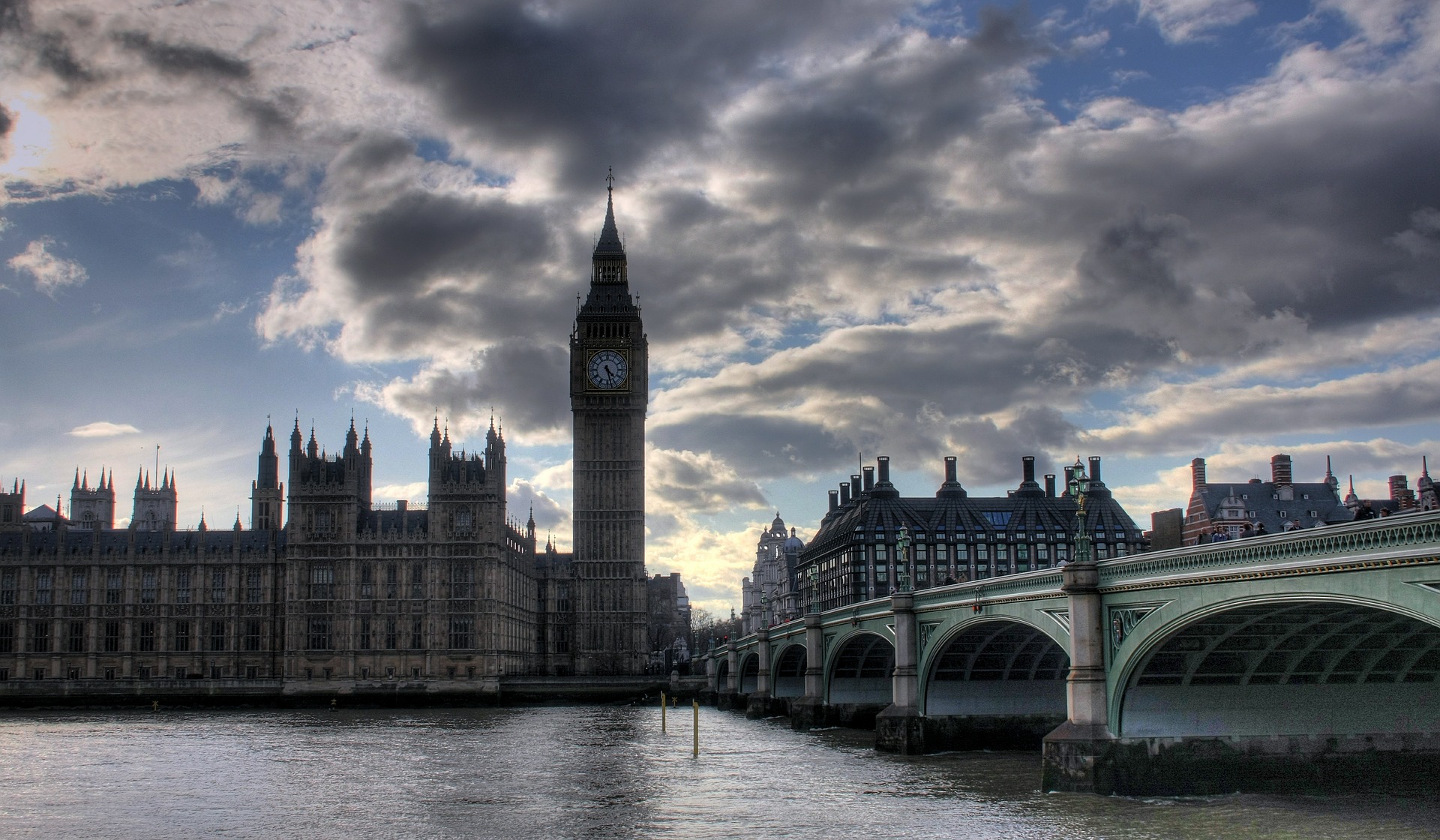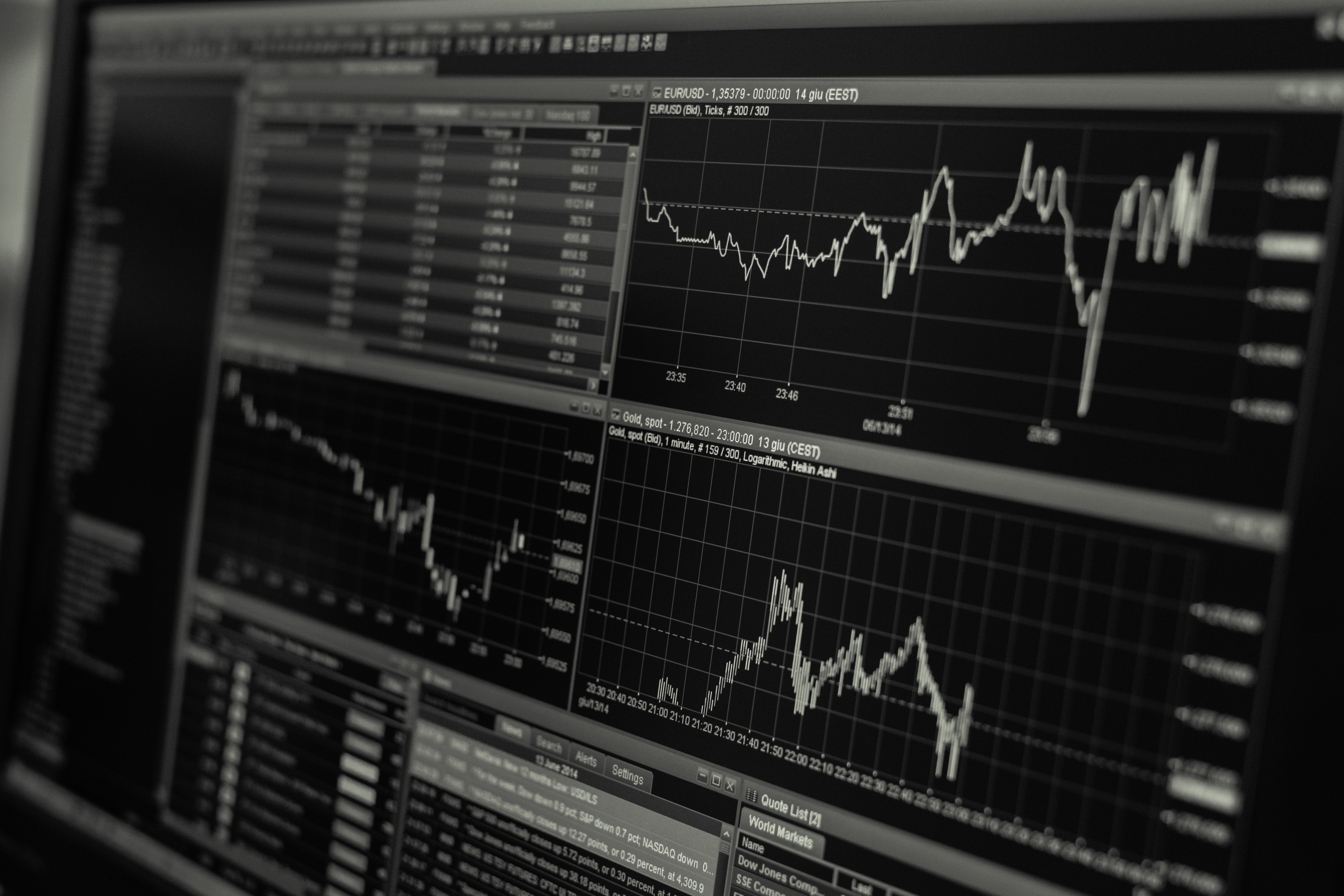Recently it seems like everyone from C-suite corporate bankers to the local barber has been an expert on Ripple, Status, and regular old Bitcoin. But so far, distributed ledger technologies have not affected most people’s lives in any meaningful way. We believe one of the missing ingredients is augmented reality.
The aim of this submission is to address why we, as a prominent UK based venture capital firm and advisor to the global blockchain industry, believe it is critical to developing a responsible, balanced and proactive approach to innovations in ‘crypto-assets’, in order to unlock their potential to serve the UK economy and its overall long-term competitiveness.
Clickbait headline aside, if we aren’t careful we are going to end up replicating data silos we hoped blockchains and decentralised technologies would remove.
Today, I want to talk about a use case that only blockchain technology can deliver. They are few and far between and usually revolve around applications that demand censorship-resistance. Indeed, a public data commons demands just that.
To create a stronger bridge between the token economy, and the rest of the global economy, it will be important that the frictions listed in the previous section are addressed. This might be done through the introduction of new infrastructure, better targeting of resources, or even through a hybridisation of centralised and decentralised innovations. We discuss these solutions below.
The new data value ecosystem sees data captured by the Internet of Things, managed by blockchains, automated by artificial intelligence, and all incentivised using crypto-tokens. For a summary of the thesis take a look at the introductory blog, and for a deeper look into Blockchains, Community, & Crypto Governance have a read of my last post here. Today though I want to talk specifically about the convergence of blockchains and the Internet of Things.





